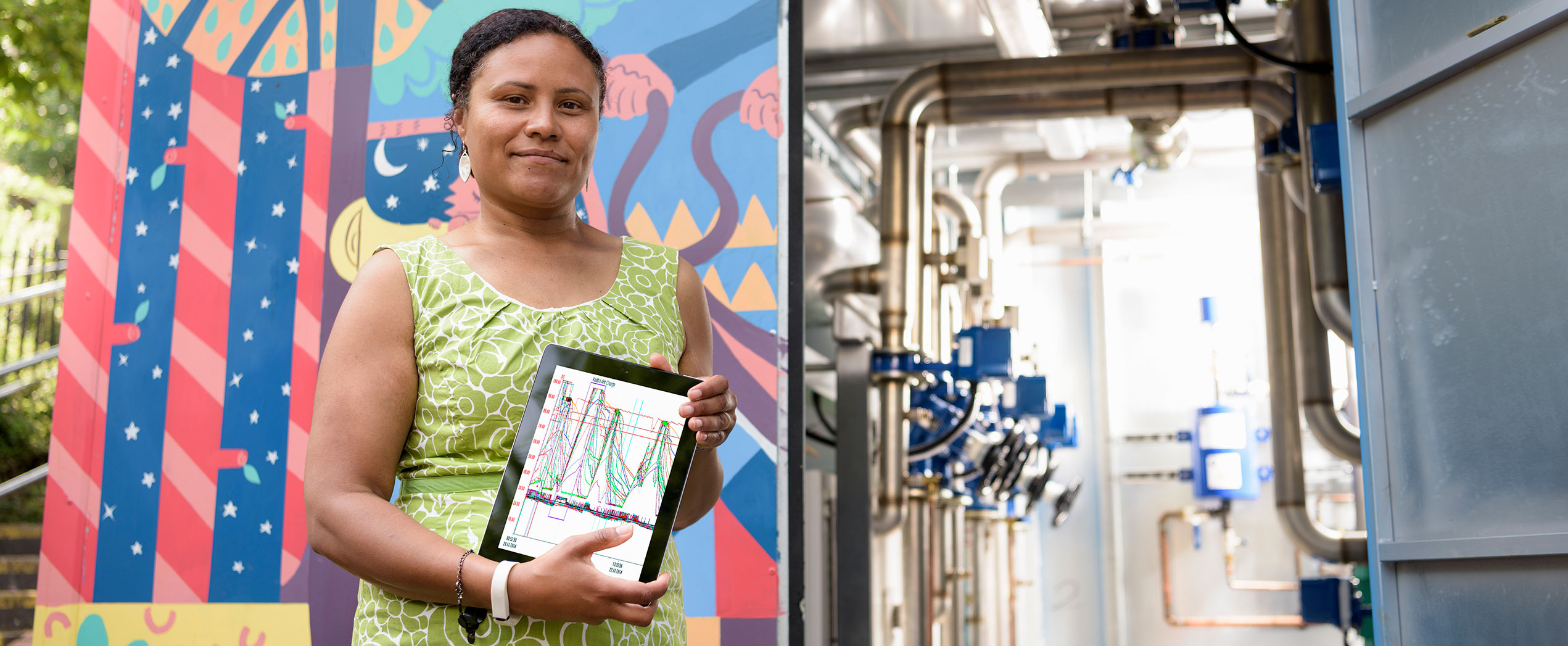
Case Study
OpenLV – using data from your local substation
EA Technology and Western Power Distribution
The OpenLV project trialled an innovative new open access software platform (LV-CAP™) designed so that calculations and decisions can be made locally. This speeds up reaction times and reduces the amount of data that needs to be sent to central servers. As well as investigating the impact of the system for electricity network operators, the project made data from local Low Voltage (LV) substations available to community organisations, businesses and academia. This allowed them to assess how it could be of benefit to them.
The project, which was managed by EA Technology, took place across Western Power Distribution’s (WPD’s) licence areas. OpenLV installed software platforms in 80 LV substations across the Midlands, the South West and South Wales. Ten of these platforms were dedicated for the use of community organisations. Seven community organisations were recruited to participate in the project (some community organisations needed more than one platform so they could receive data from multiple substations). LV-CAP™ devices were installed in their local substations and the groups were given access to their substation data via a webapp. The participating groups took part in regular feedback sessions, allowing the project team to capture learning from their experiences. The project partners would like to thank the Centre for Sustainable Energy (CSE) and Regen for their invaluable input into this project. Much of this Guidebook is taken from a project deliverable created by Regen – we would like to acknowledge their assistance. We would also like to thank the community organisations who participated in the OpenLV project. Their enthusiasm is inspiring, and the feedback they provided has been crucial. This Guidebook is based on the experiences of the seven community organisations that participated in OpenLV. They are all based in WPD’s licence areas so many resources mentioned are those that WPD made available. Most Distribution Network Operators (DNOs) will have equivalent information available. We hope that this guide will be helpful to community organisations across Great Britain who are interested in participating in similar schemes.
